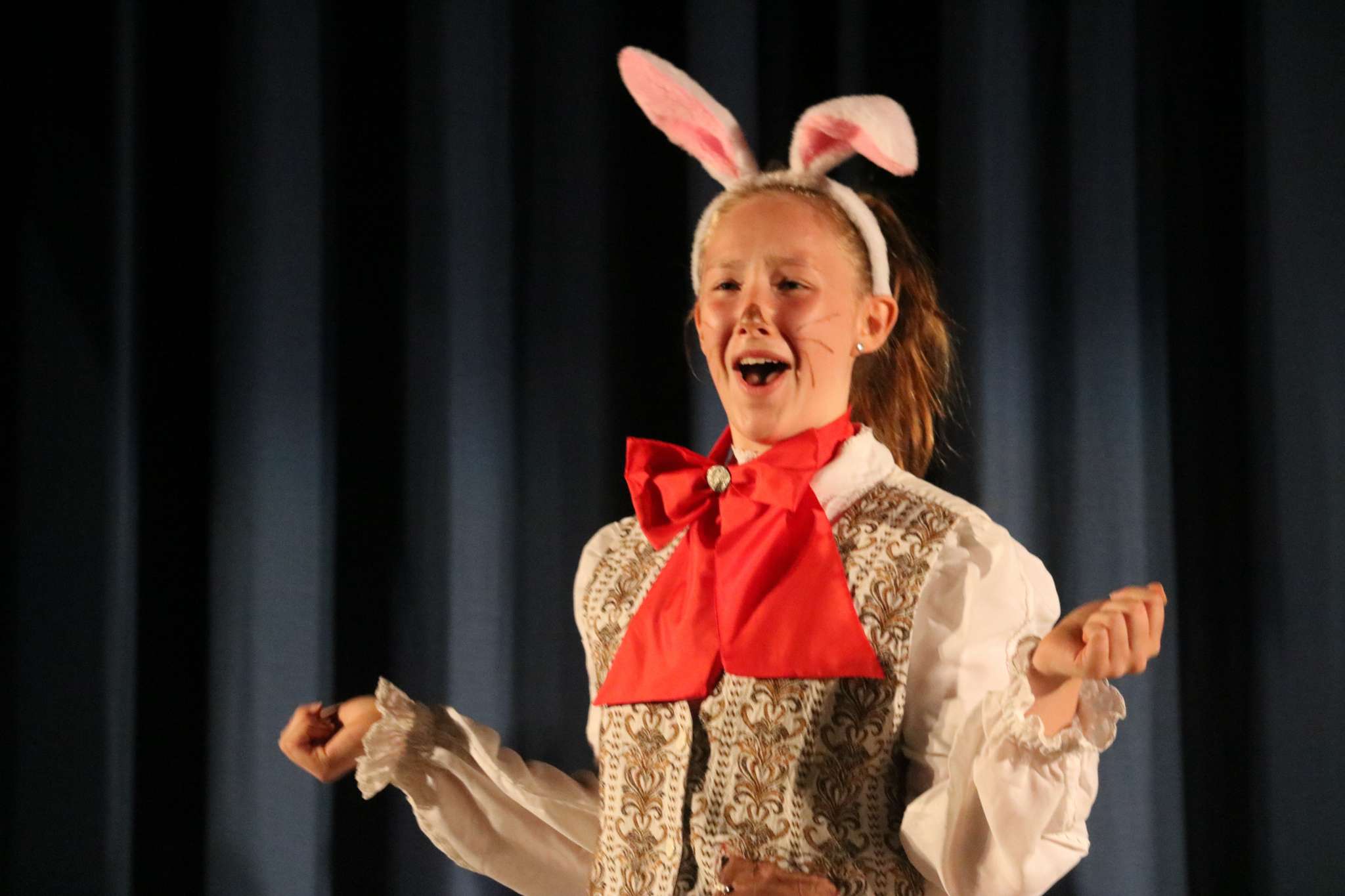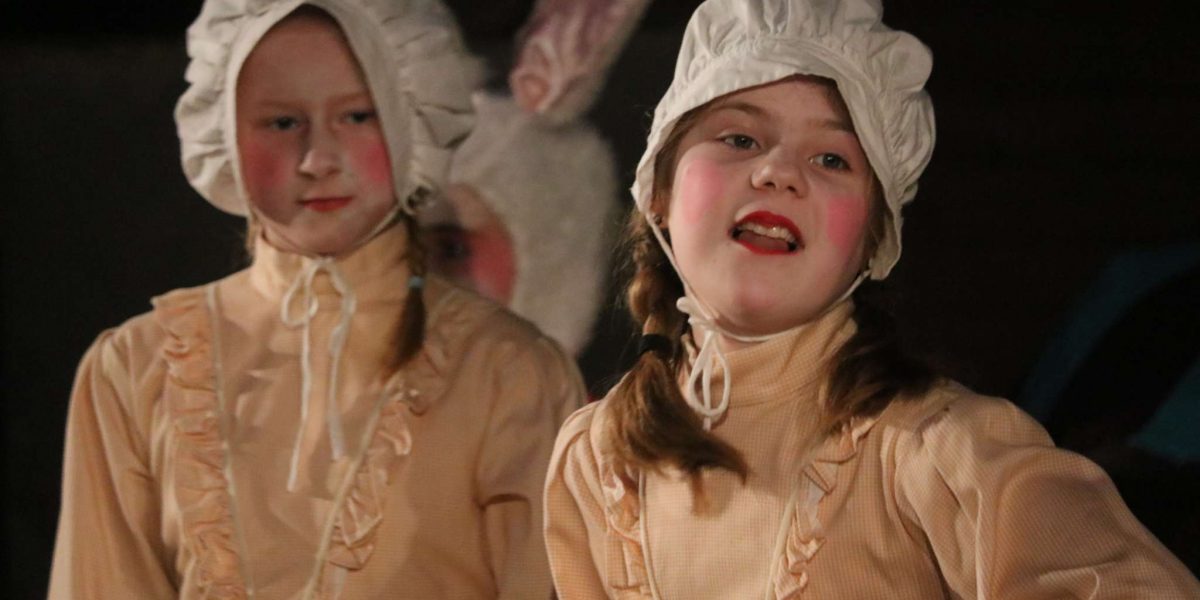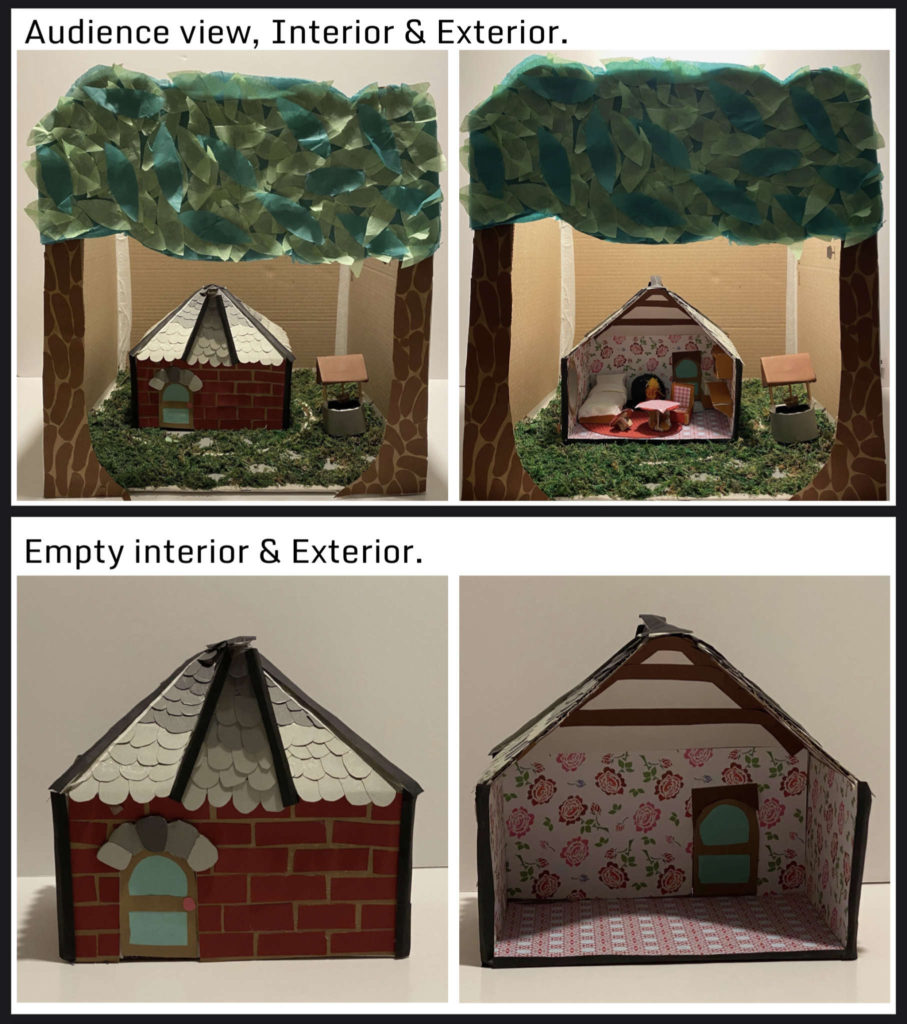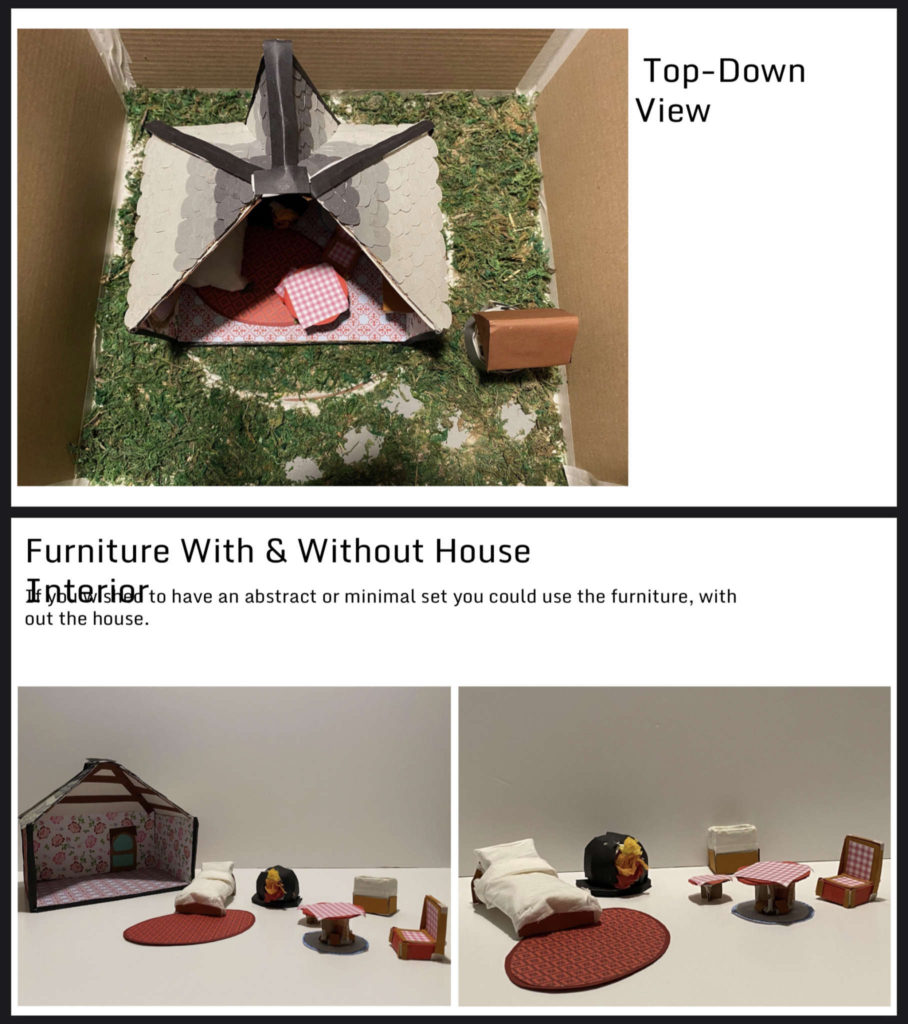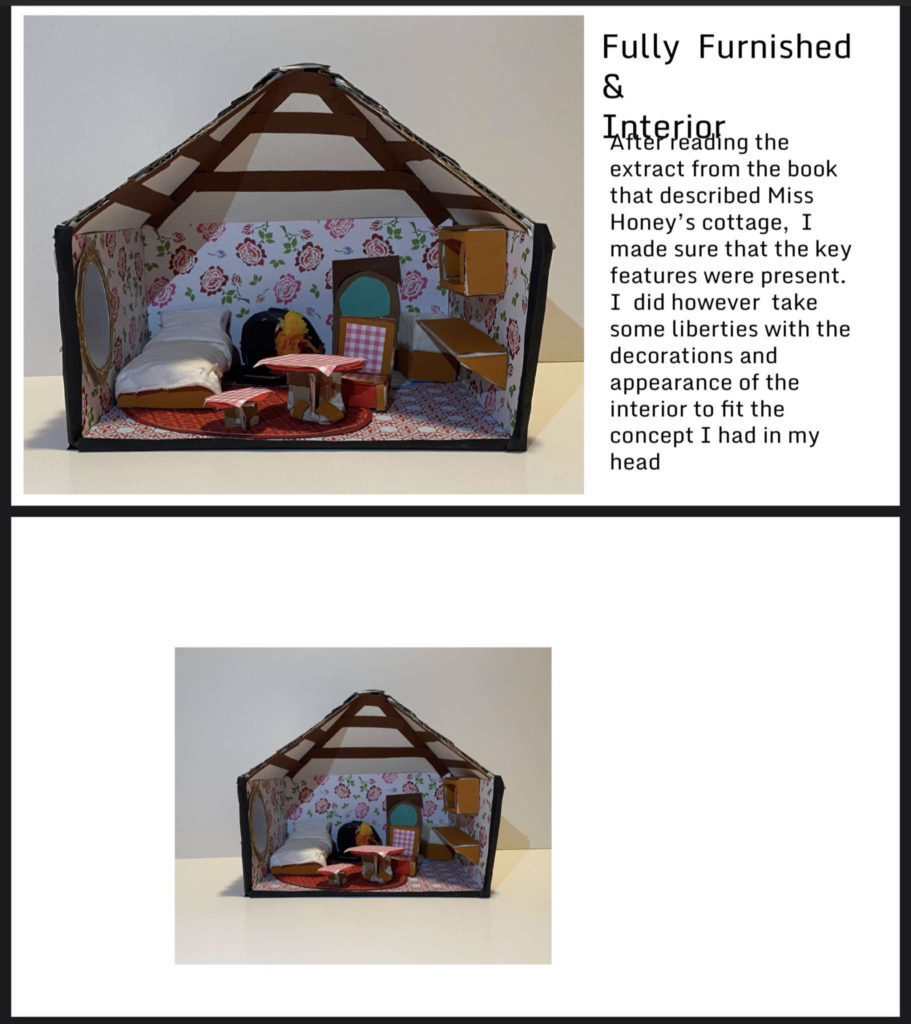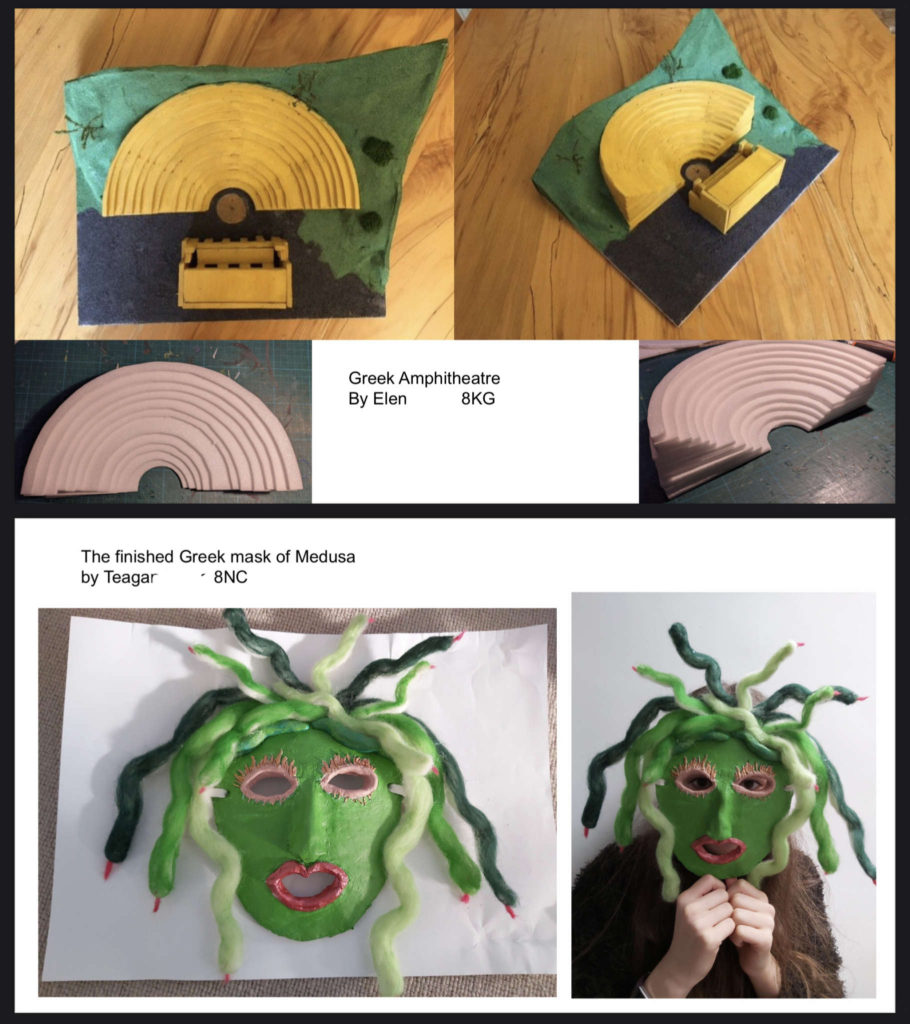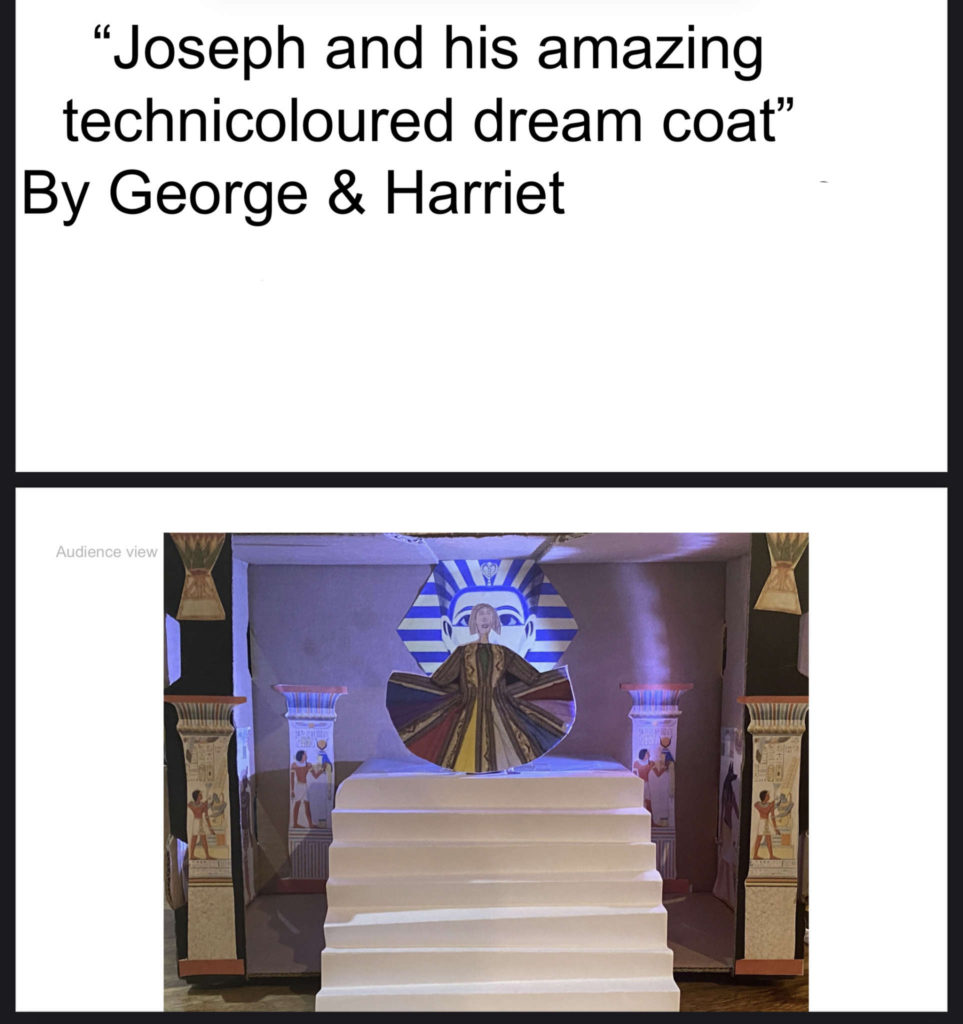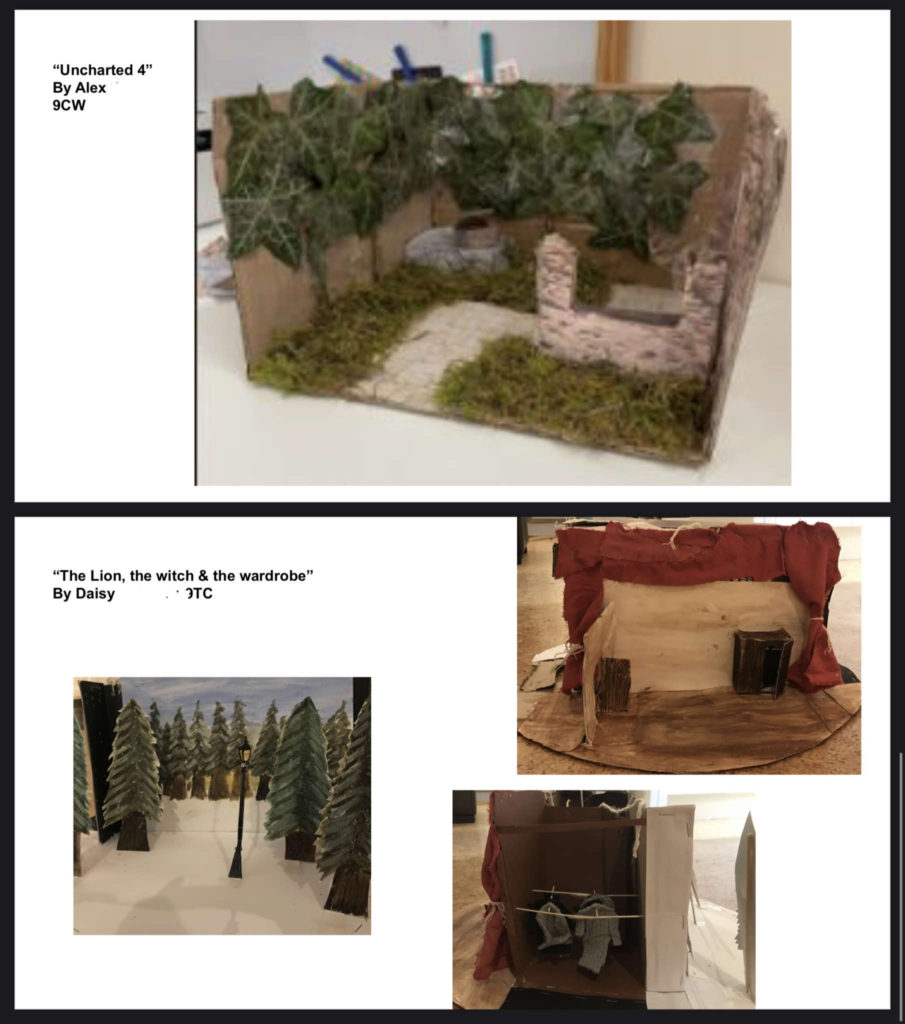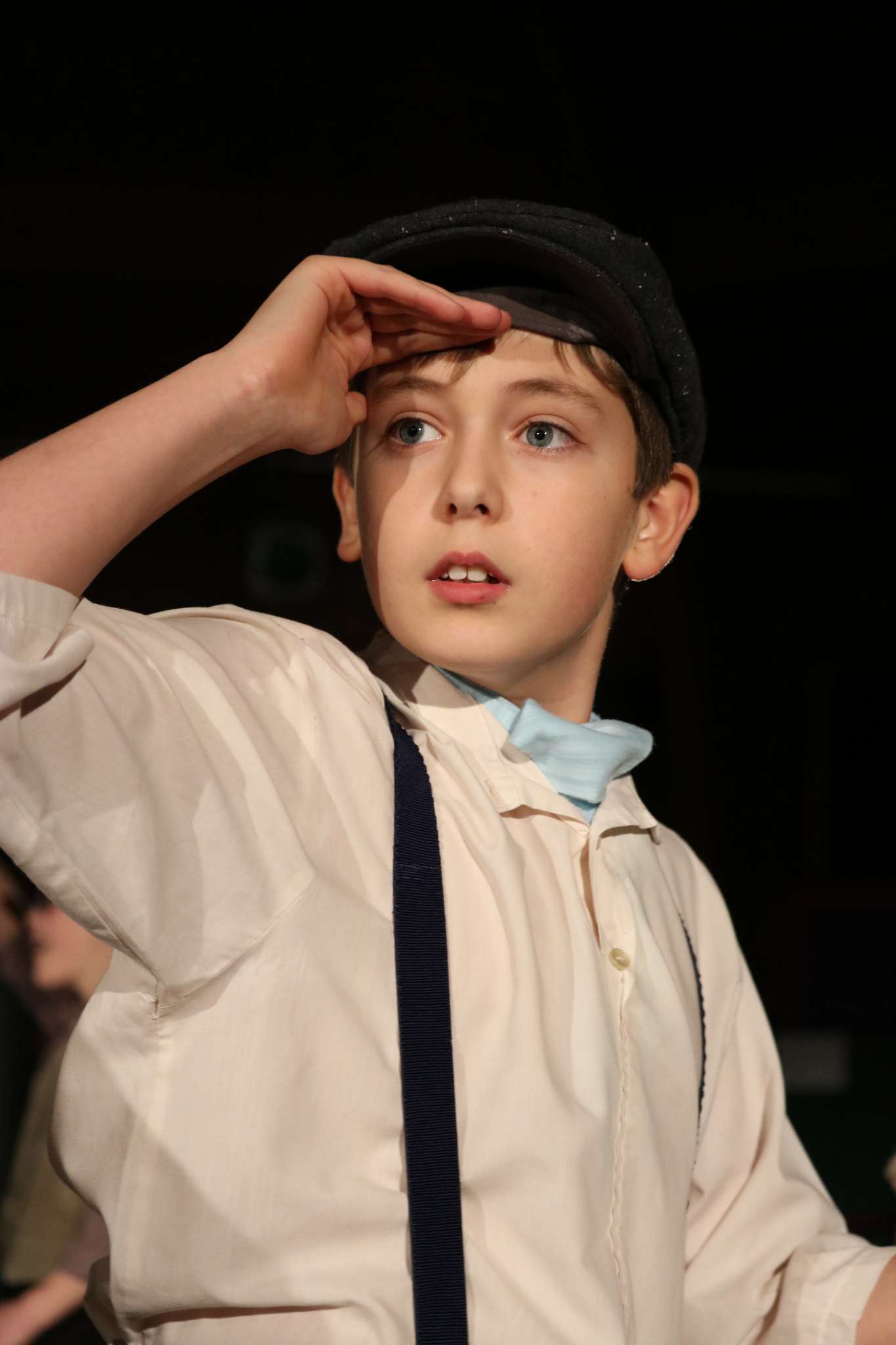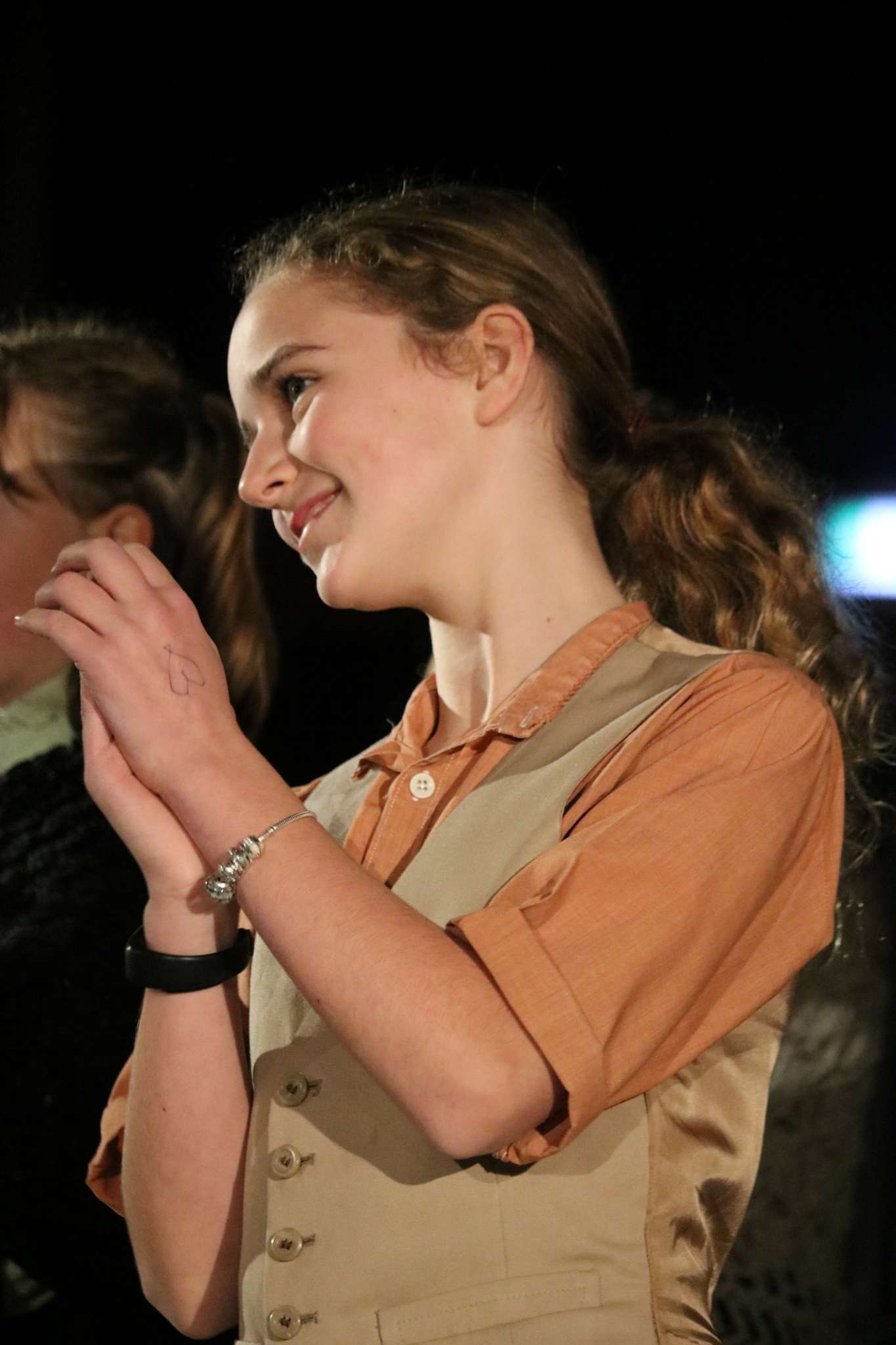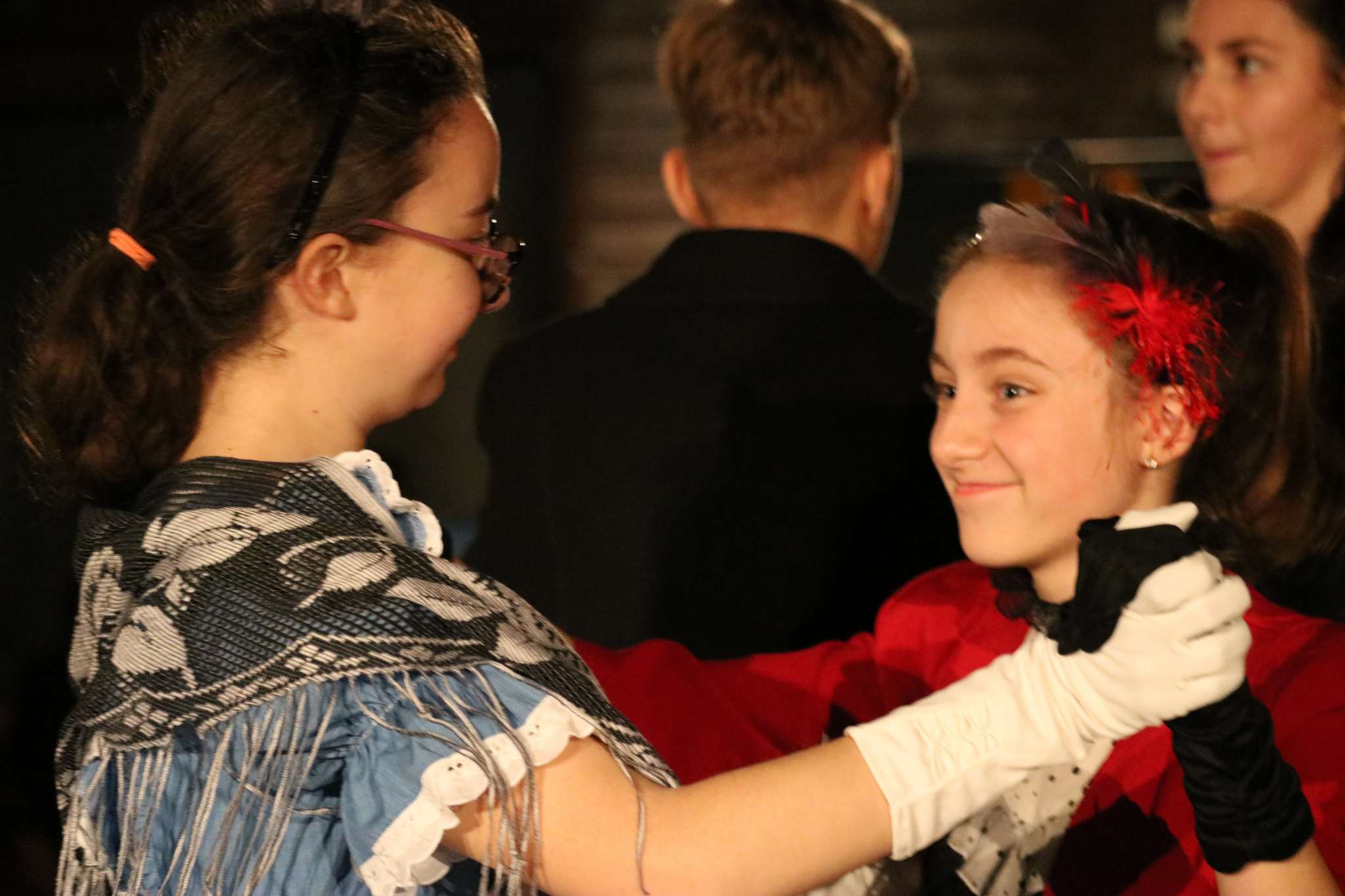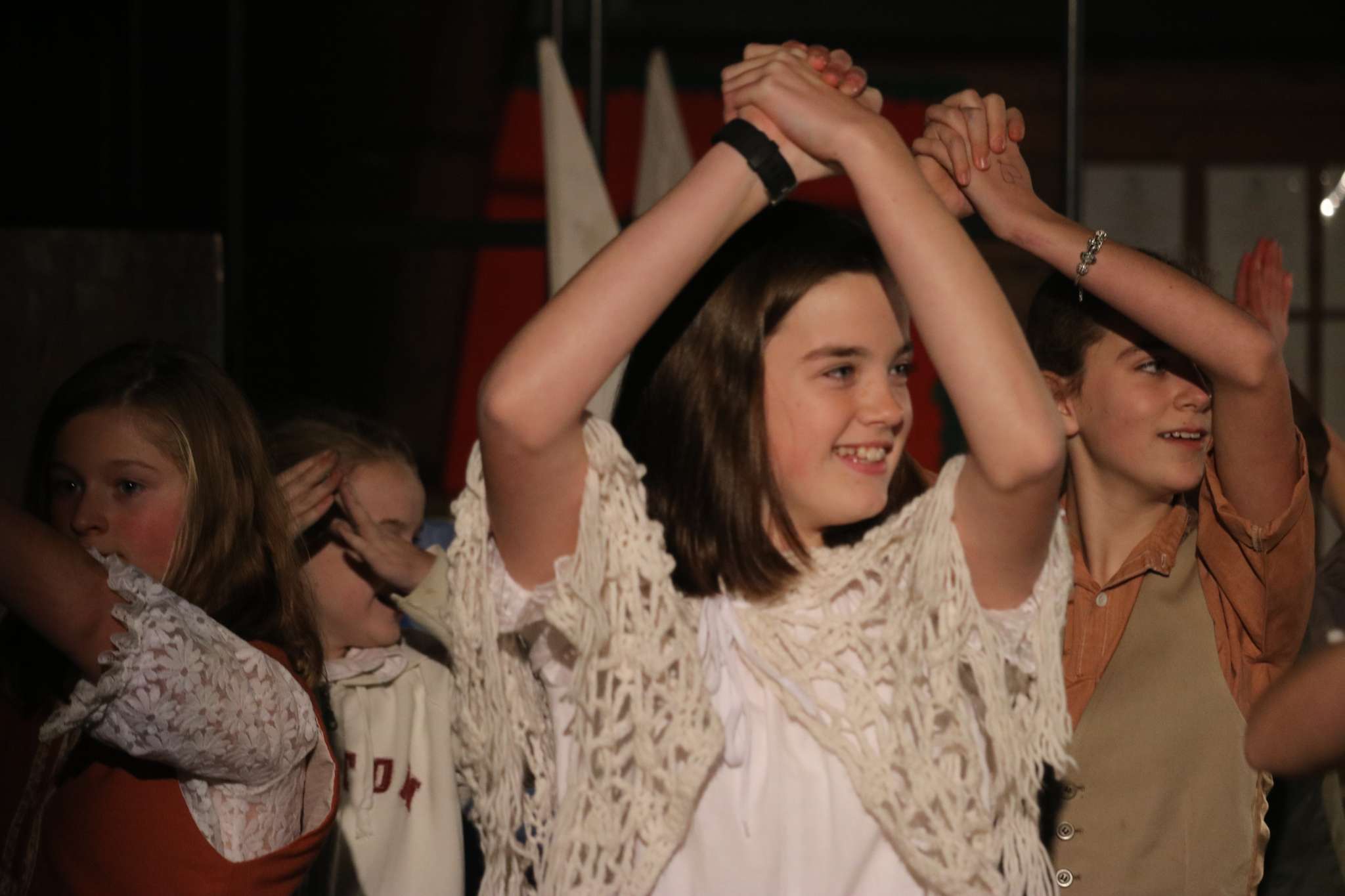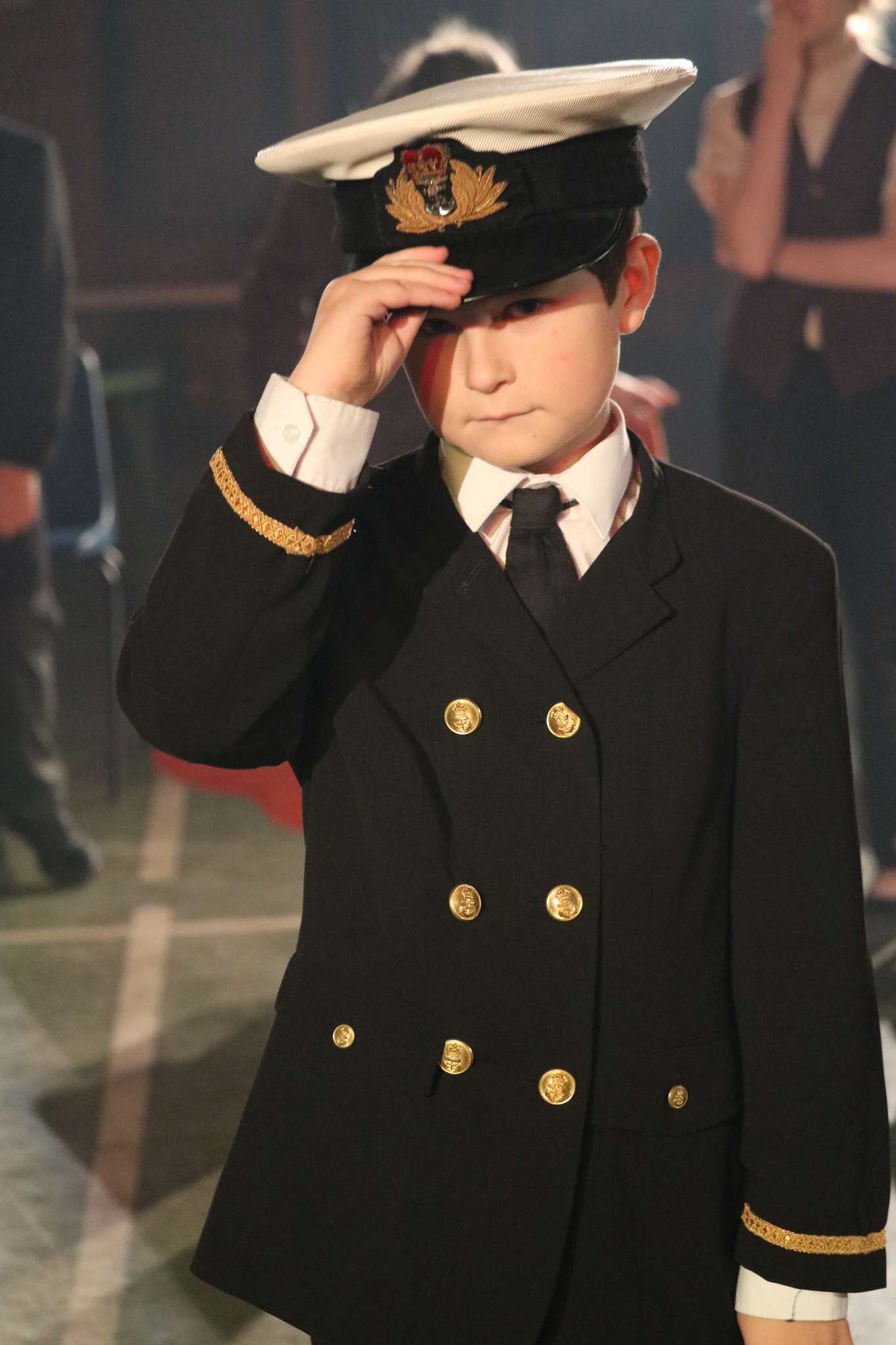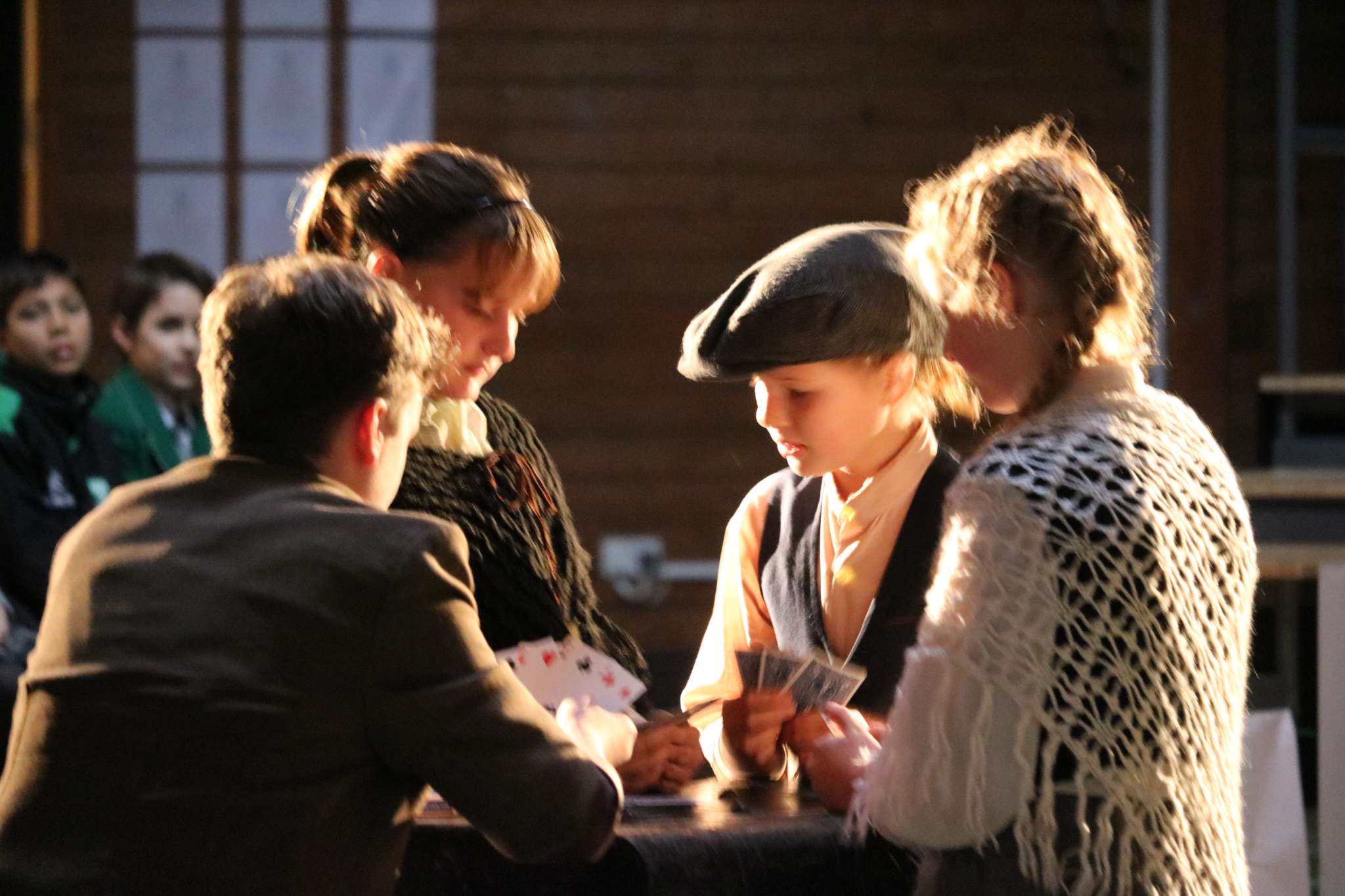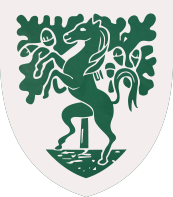Pupils develop their understanding of Drama through the practical application of a range of skills both physical and mental. The group element of the subject develops vital interpersonal life skills, while the peer and self-assessment requirements enhance the pupils’ ability to reflect on the work and discover levels of resilience that leads to new discoveries.
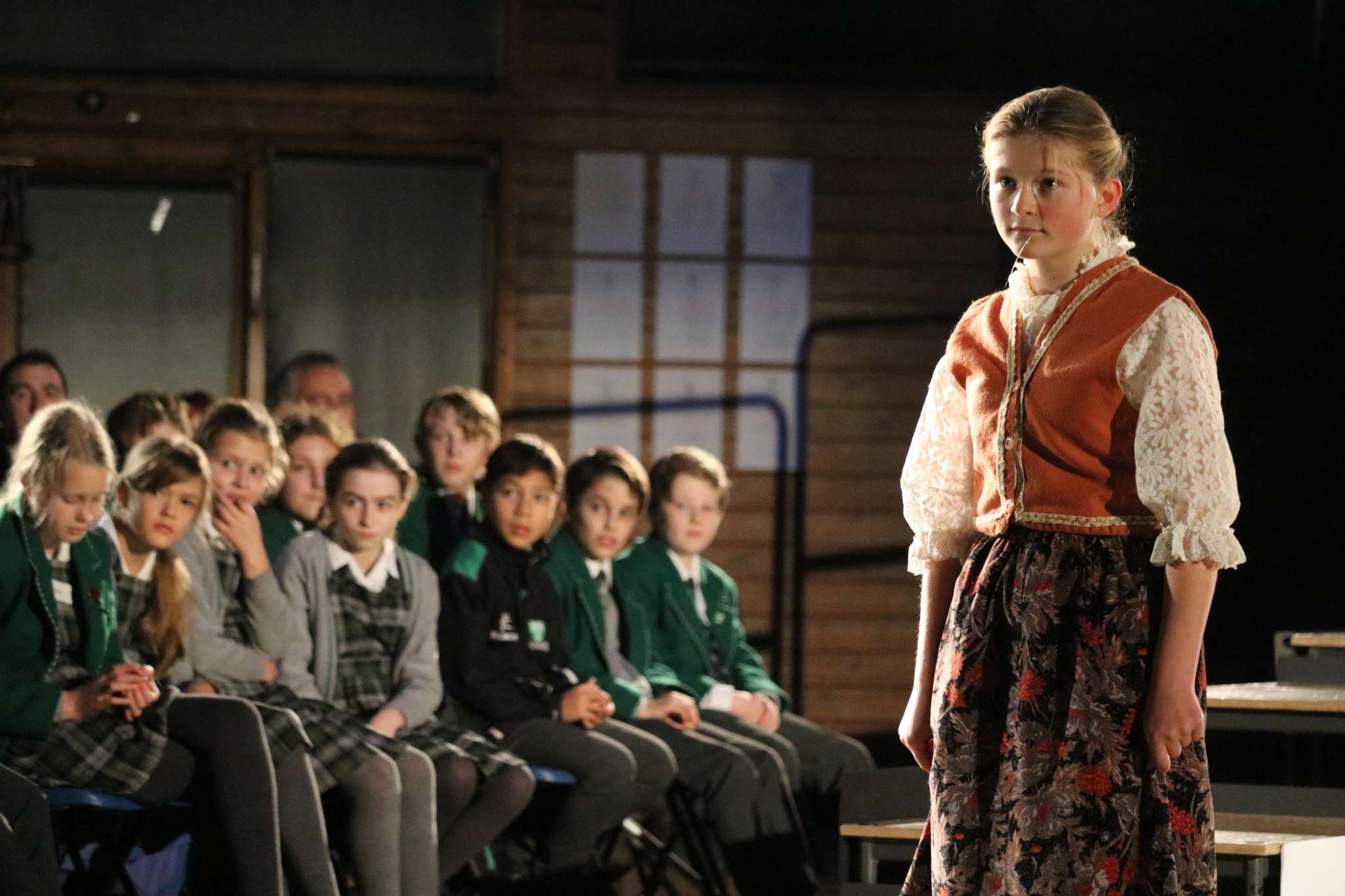
During Remote Learning, our KS3 and KS4 pupils created some amazing set designs as part of their various Drama design tasks. The Drama department encourages pupils to engage in creative and practical work and the design aspect of the course enables pupils to gain an understanding of light, sound, set and, most importantly, the audience.
KS3
In Yr7 we start with the fundamentals of Drama with body language, facial expression and consideration of the audience in key focus. Character development work leads on to a slapstick, Silent Movie, project where pupils review their work on screen.
In Yr8 there is an emphasis on physical exploration as Commedia Dell ‘Arte half-mask challenges bring out expression and exaggeration both through body language and vocal dexterity. Props are also introduced to enhance a scene as comic timing is mastered. We then move on to scenes from Twelfth Night where the link is made between Commedia and the comic scenes with Malvolio, Sir Toby Belch, Maria and Sir Andrew Aguecheek.
Yr9 sees an introduction to Stanislavski and the deeper approach to characterisation. In addition, a Theatre History project puts everything into context while extracts from the play “Buckets” challenges pupils in line learning and interpretation through all the available nuances of delivery.
GCSE – Eduqas
The three components at GCSE are as follows;
Component 1: Devising Theatre
- Internally assessed 40% of GCSE mark
Component 2: Performing from a Text
- Externally assessed by a visiting examiner 20% of final GCSE mark
Component 3: Interpreting Theatre
- Written examination: 1 hour 30 minutes 40% of qualification
A Level
Yr12
- Component 1: Performance Workshop Non-exam assessment: internally assessed, externally moderated 60% of qualification Learners will be assessed on either acting or design.
- Component 2: Text in Context Written examination: 1 hour 30 minutes 40% Exploration both practical and theoretical of a set text from the following list: The Trojan Women, Euripides. As You Like It, William Shakespeare. Hedda Gabler, Henrik Ibsen. Machinal, Sophie Treadwell. Cat on a Hot Tin Roof, Tennessee Williams.
Yr13
- Component1
: Theatre Workshop. Non-examassessment : internally assessed, externally moderated 20% ofqualification . Learners will be assessed on either acting or design. Students participate in the creation, developmentand performance ofapiece of theatre based on a reinterpretation of an extract from a textchosenby your teacher. - Component2
:Text in Action Non-exam assessment:two performances externally assessed by a visiting examiner 40% of qualification Students willbeassessed on either acting or design. Students participate in the creation,development and performance of two pieces of theatre based on astimulussupplied by WJEC: - Component3
: Text in PerformanceWrittenexamination : 2 hours 30 minutes 40%of qualification Sections A and B Two questions, based on As You Like It,byWilliam Shakespeare, and Love and Information by Caryl Churchill. Section CAseries of questions based on a specified extractfrom: The Curious Incidentofthe Dog in the Night-Time, by Mark Haddon, adapted by Simon Stephens.
